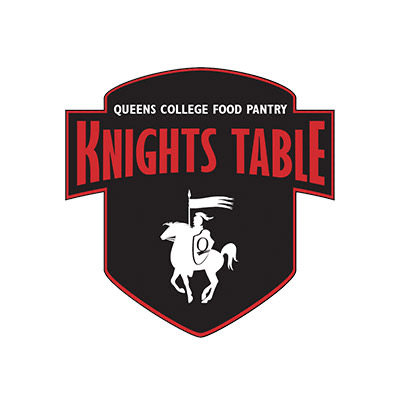On the corner of 80th Street and Northern Boulevard, a tall refrigerator stands beside the front doors of a restaurant. Inside there might be shelves filled with greens, or single serving stacks of boxed milk; there might be bread and yogurt, apples and potatoes, paneer and tortillas. The fridge doesn’t belong to any one family or group of people, but rather to whoever might need it — it is one of more than one hundred community refrigerators that are scattered through New York, maintained by local volunteers and organizers and supported by businesses that act as host sites and keep the electricity running. The idea is simple: take what you need, leave what you can.
I learned about community fridges through Instagram when we were first stuck inside. The phone screen served as a window, from in to out, and showed what communities were doing to make due, combatting vicious food insecurity exacerbated by the pandemic. As I started following more and more fridge accounts, daydreaming about dropping loaves of homemade bread throughout Queens, I saw that a fridge would be launched in my own neighborhood of Jackson Heights in August 2020. The Jackson Heights fridge is hosted by neighborhood restaurant The Queensboro; on the restaurant’s menu, diners can donate a boxed meal for $10.
This fridge, like others in New York and around the country, is a prime example of mutual aid. In his book on the topic, writer and activist Dean Spade writes, “At its best, mutual aid actually produces new ways of living where people get to create systems of care and generosity that address harm and foster well-being.” Community refrigerators do just that, relying not on government support but on the assistance of neighbors and community members, helping to make sure neighbors get fed and often preventing unnecessary food waste.
To keep fridges operating smoothly, teams of volunteers check in daily, making sure the shelves are free of trash and spills and filling them with fresh food. Many fridges also have pantry shelves for non-perishable food and sanitary products.
Fridge organizers make the point that this sort of work isn’t charity. Free99Fridge, a network of community fridges in Atlanta, write on their website that while charity relies on donations from those with power, who make decisions for those in need, mutual aid relies on neighbors helping neighbors. Rather than creating a divide between those who give and those who receive, mutual aid “analyzes the causes of systemic issues and builds new social constructs for resolving those issues.”
As we turn towards fall, nearly 19 months into the pandemic, this need for community support remains strong. According to July 2021 census data, more than ten million American families reported that they “sometimes” or “often” did not have enough to eat in a seven-day period. Of 2282 CUNY students surveyed by Springer Nature in April 2020, more than 80 percent reported that they or someone in their family lost income due to the pandemic, and about half reported experiencing food insecurity at the time they were surveyed. Furthermore, the CUNY Urban Food Policy Institute found that among students experiencing food insecurity in 2020, many were unaware of CUNY food security programs in place to support students and their families, despite the existence of food pantries on all CUNY campuses.
Students at Queens College can access groceries right on campus at the Knights Table Food Pantry, which opened in the fall of 2018. Sponsored by the Office of Student Development and Leadership and supported by the Carrol and Milton Petrie Foundation and the Queens College Foundation, the Knights Table provides non-perishable food and drink items for all enrolled CUNY students and their families.
When the campus closed, the Knights Table adapted to remote service with the Turning the Table on Hunger mobile food distribution program, stopping in neighborhoods that are highly populated by Queens College students. Now the pantry is back on campus and open by appointment only. To sign up for a grocery bag, students can book an appointment to pick up food at the Student Union Monday through Thursday between 12 and 4 p.m.
On their Instagram page, the Jackson Heights fridge organizers sum up the power of such work. “Sharing food is revolutionary,” they write. “It comes from a deep place of love.”
For more information about the Knights Table, email knightstable@qc.cuny.edu.











